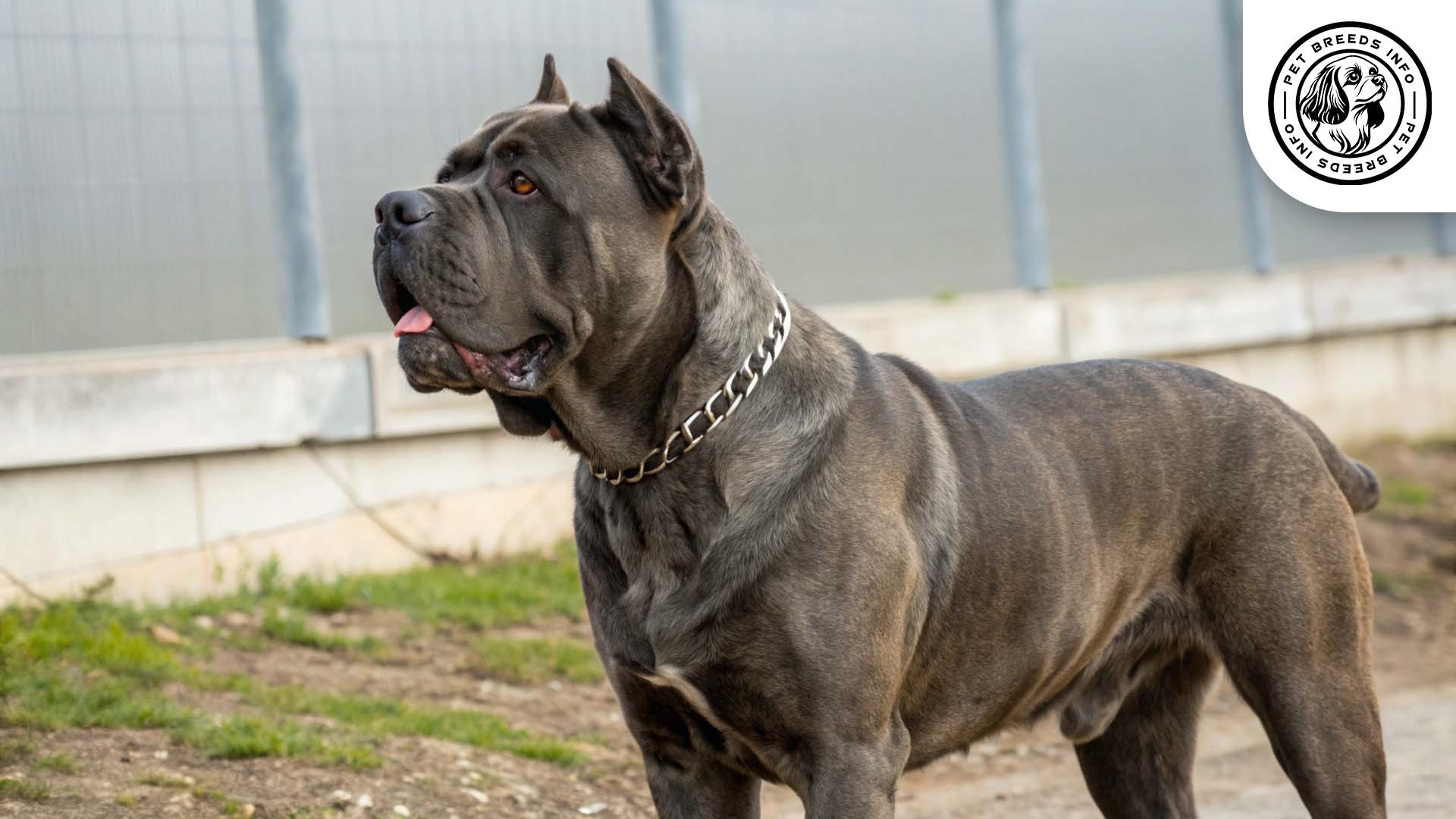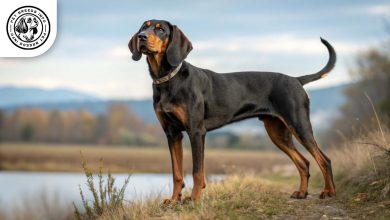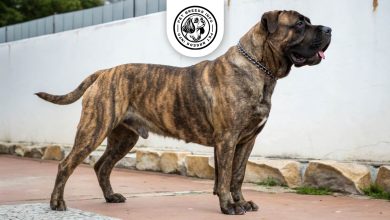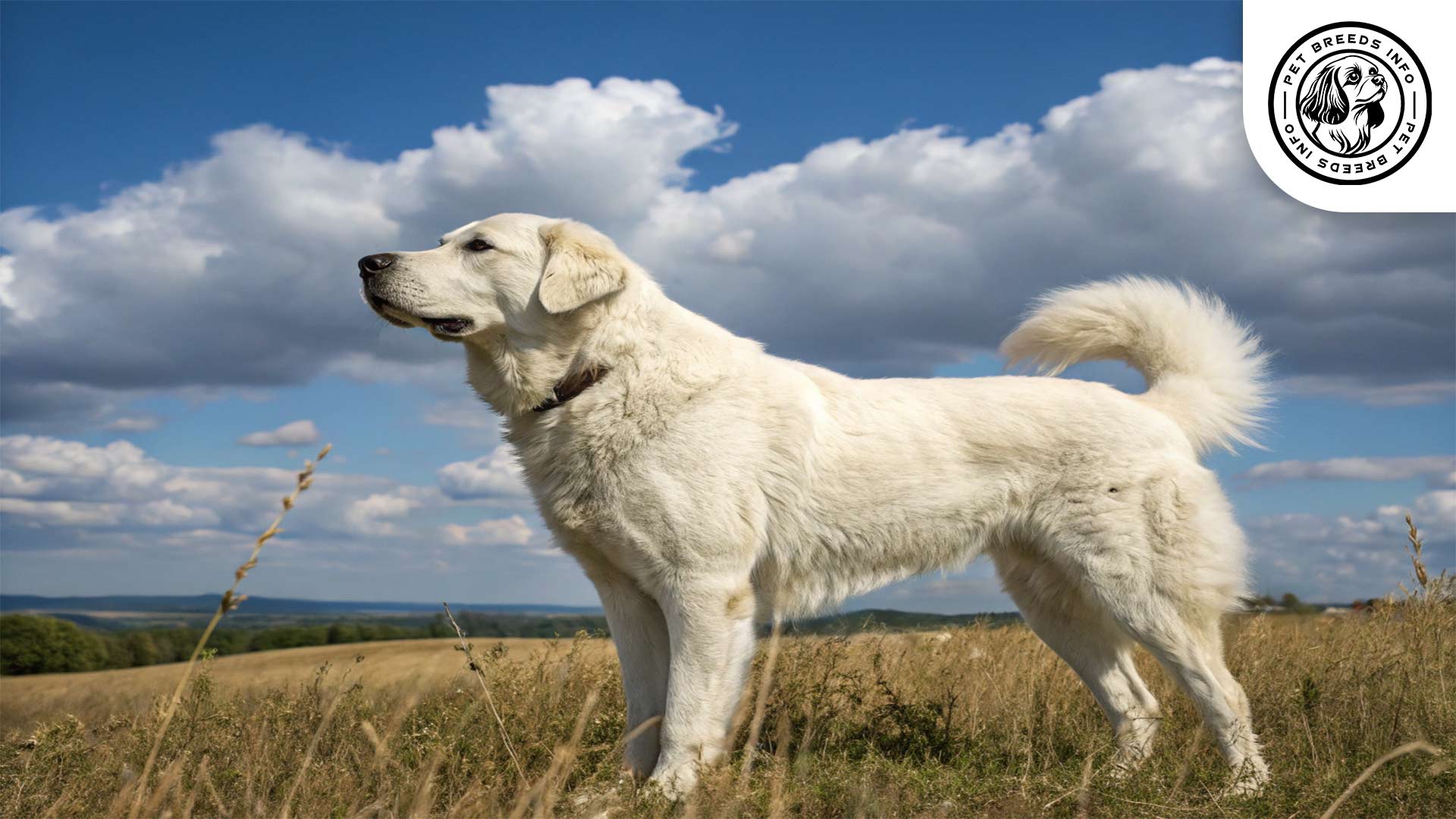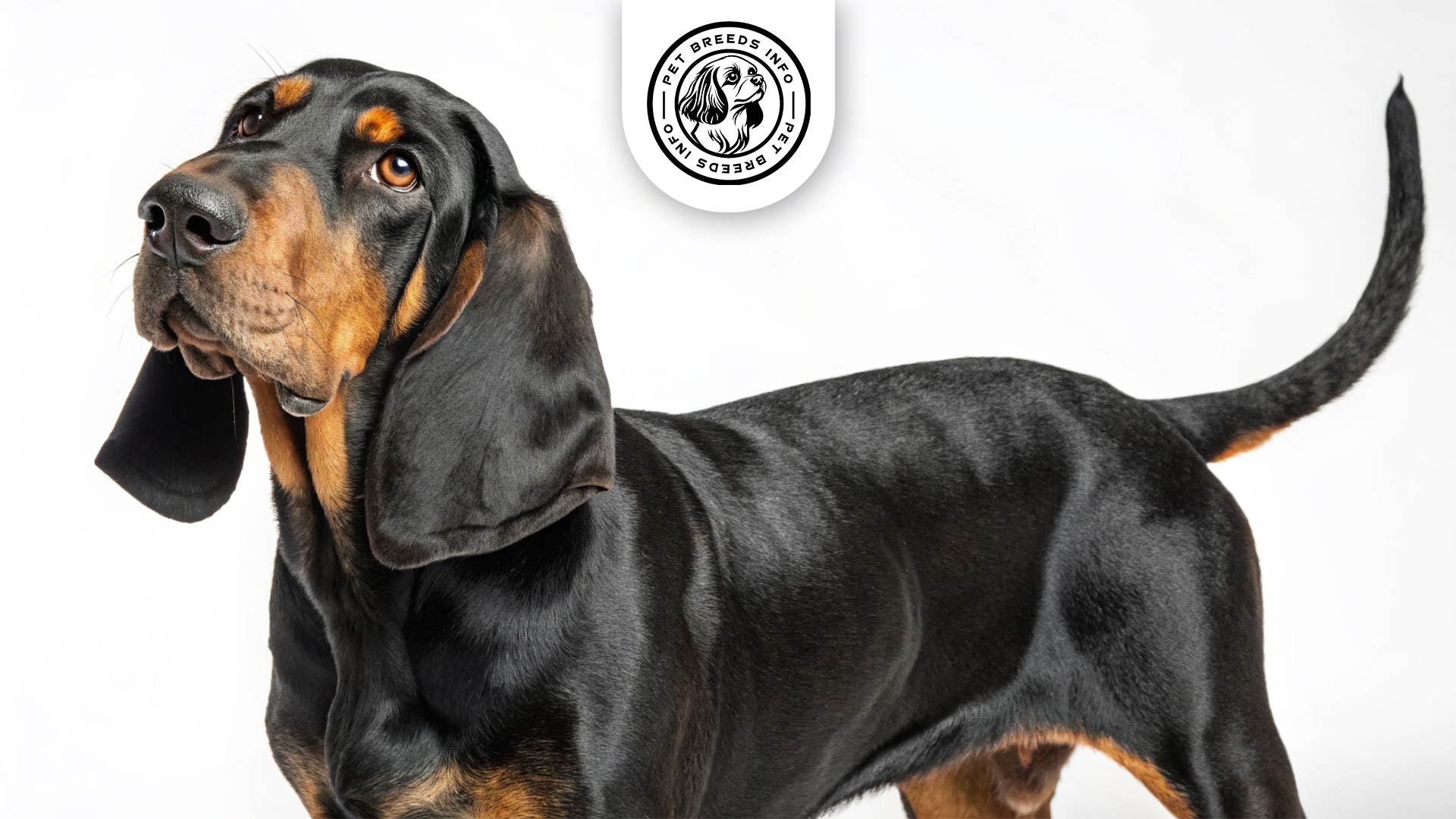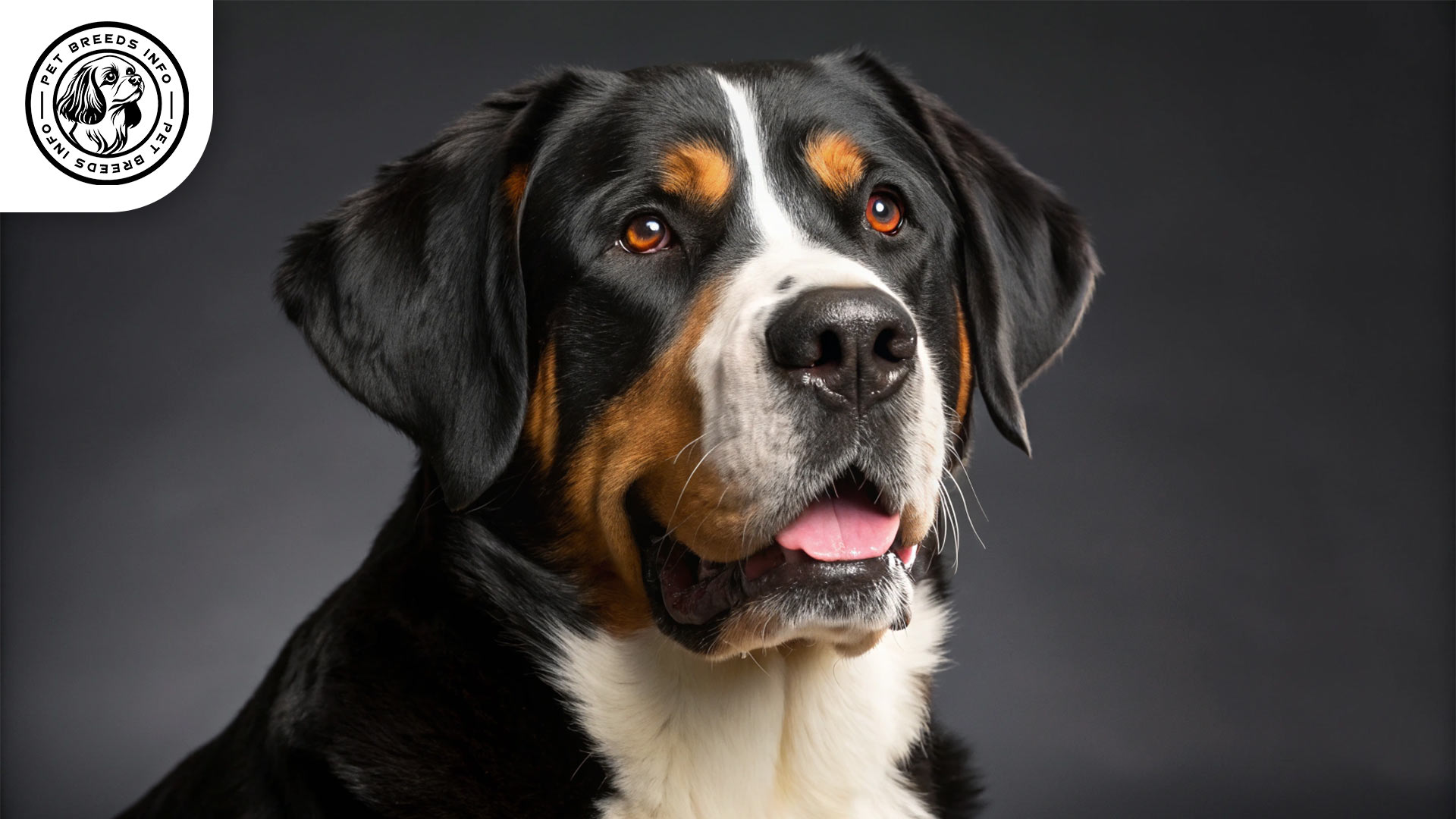Cane Corso Dog Breed : Size, Health, Price & Personality
General Introduction of the Breed
The Cane Corso, also known as the Italian Mastiff, is a powerful and intelligent breed that originated in Italy. The name “Cane Corso” comes from the Latin word “cohors,” meaning “guardian” or “protector.” This breed has been historically used as a guard dog, war dog, and hunting companion.
Developed in ancient Rome, the Cane Corso served as a battlefield dog before transitioning to farm work where it protected livestock and property. Today, it is revered for its loyalty, strength, and protective instincts.
Table of Contents
| Weight | 88-110 lbs (40-50 kg) |
| Lifespan | 9-12 years |
| Diet | High-quality kibble, wet food, or raw diet; protein-rich meals are essential |
| Care | Daily exercise, brushing 1-2 times a week, nail trimming, ear cleaning, dental care |
| Health | Prone to hip/elbow dysplasia, bloat, and heart disease |
| Color | Black, gray, fawn, red, brindle (some with small white markings) |
| Nature | Loyal, intelligent, protective, dominant, affectionate with family |
| Price | $1,500 – $4,000 from breeders; adoption costs less |
Physical Characteristics
The Cane Corso is a large and muscular breed. Males typically stand between 25 to 27.5 inches (64 to 70 cm) tall and weigh between 99 to 110 lbs (45 to 50 kg), while females are slightly smaller, standing 23.5 to 26 inches (60 to 66 cm) tall and weighing 88 to 99 lbs (40 to 45 kg).
The breed has a short, dense coat that can come in various colors, including black, gray, fawn, red, and brindle. Some individuals may have a small white marking on the chest or toes.
The Cane Corso has almond-shaped eyes that are medium-sized and range in color from dark brown to light amber, depending on coat color. The ears are naturally floppy but are sometimes cropped for a more traditional appearance. The tail is usually docked, though some owners prefer to keep it natural.
The breed’s broad skull, pronounced muscles, and strong jawline give it a distinctive and formidable appearance.
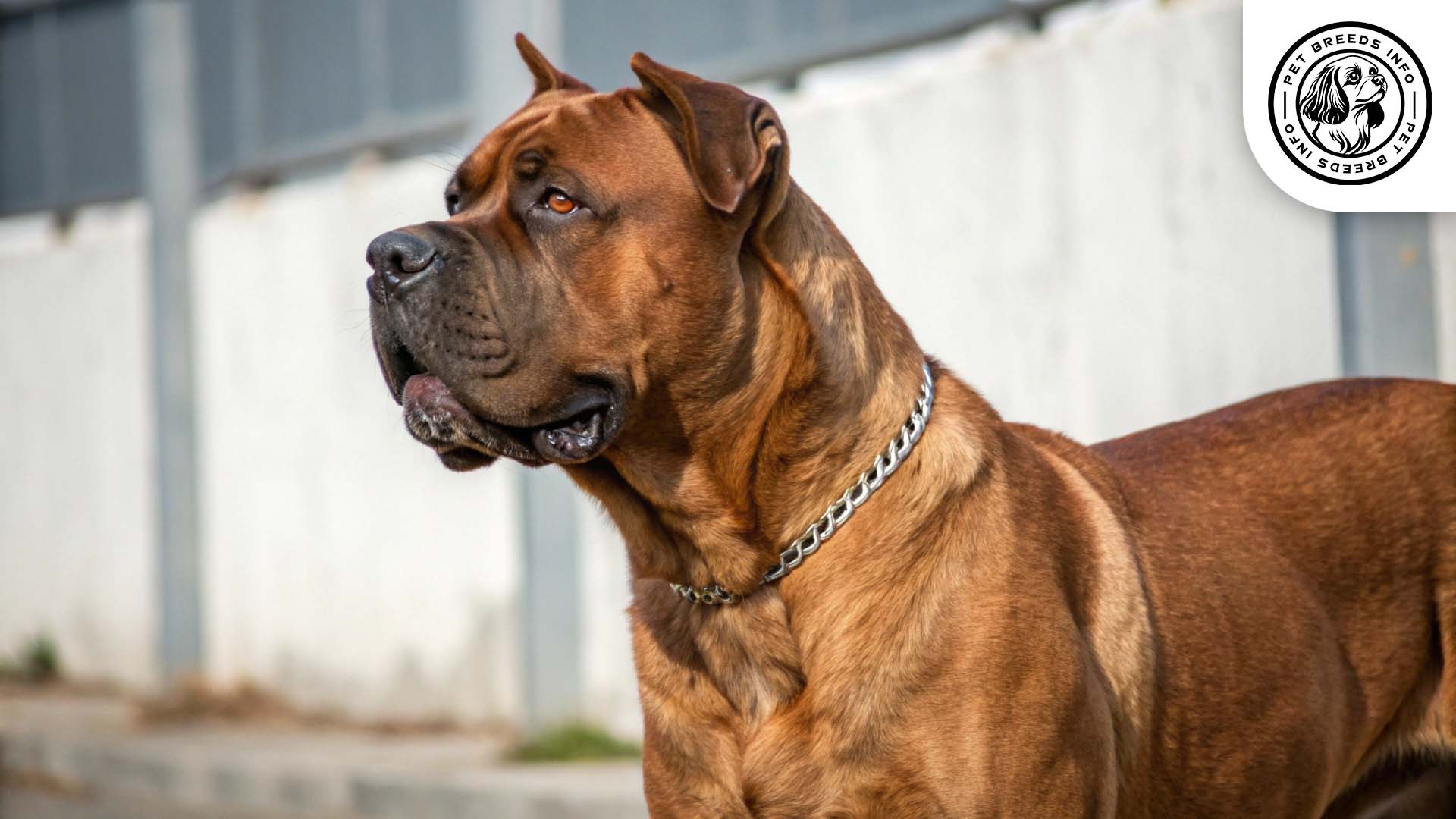
Personality and Temperament
The Cane Corso is highly intelligent and learns quickly with proper training. It thrives when given a job to do and excels in obedience and protection work.
This breed has a high energy level and requires regular physical and mental stimulation. Its strong bond with its owners makes it exceptionally loyal and protective.
Though naturally wary of strangers, the Cane Corso is affectionate and gentle with its family. It can be a good companion for children if socialized from an early age, but supervision is always necessary.
Due to its guardian instincts, early socialization is crucial to ensure it is well-behaved around other animals and people.
Read More: Boykin Spaniel Dog
Care and Maintenance Requirements
The Cane Corso requires daily exercise, including long walks, playtime, and mental challenges. A spacious yard is ideal, though it can adapt to apartment living if given sufficient activity.
Its short coat is easy to maintain, requiring brushing once or twice a week to minimize shedding. Bathing should be occasional, depending on dirt accumulation.
Regular ear cleaning, nail trimming, and dental care are essential for hygiene. The breed is sensitive to extreme heat and cold, so providing appropriate shelter and avoiding extreme temperatures is necessary.
Diet and Nutrition
A balanced diet consisting of high-quality dry, wet, or raw food is ideal for the Cane Corso. Protein-rich food supports its muscular build.
Avoid feeding the breed excessive carbohydrates, fillers, and harmful human foods such as chocolate, onions, and grapes.
Adult dogs should eat two meals per day, while puppies require three to four smaller meals. Portion sizes should be adjusted based on activity level and weight.
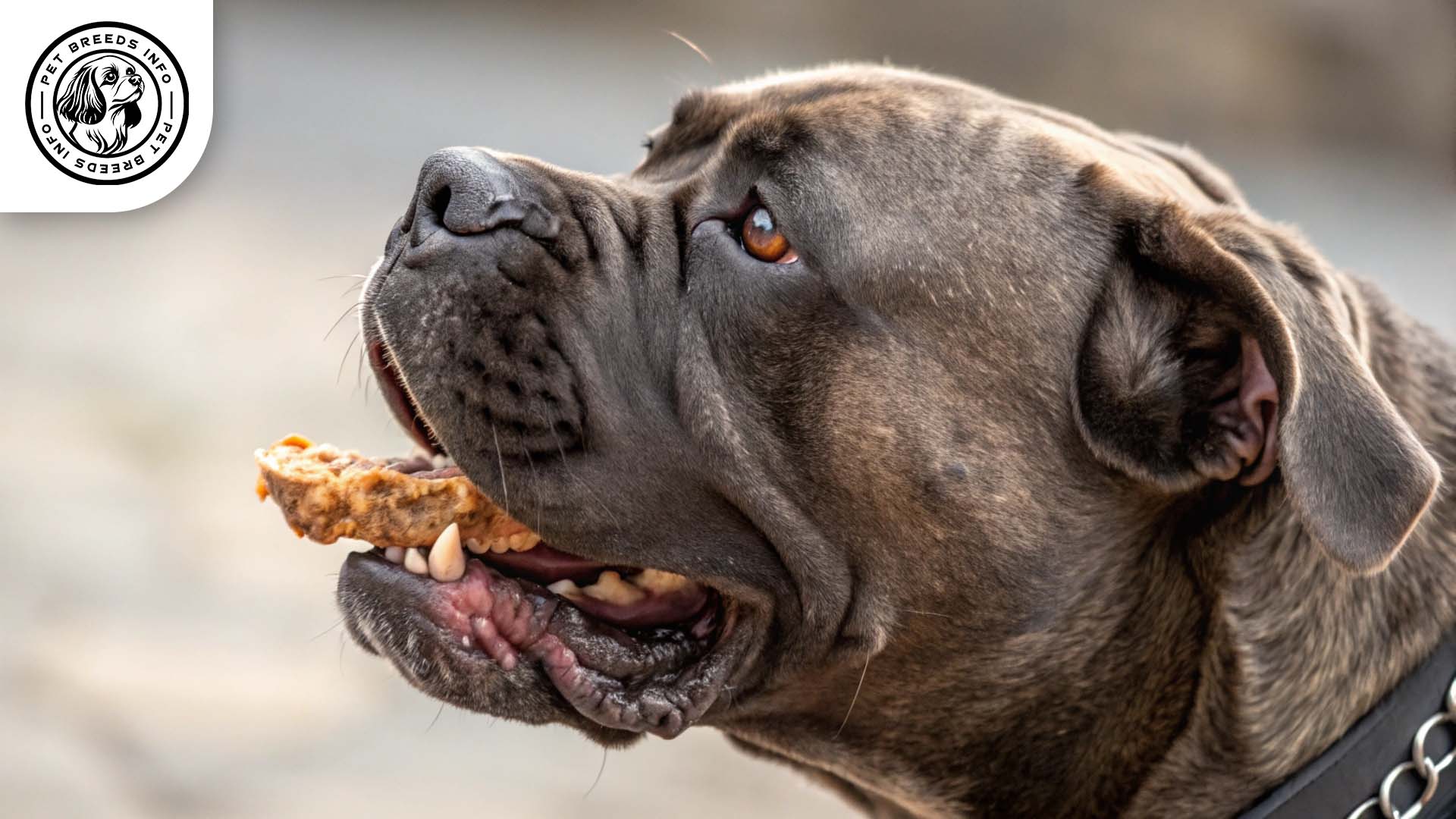
Health and Common Medical Issues
The Cane Corso is predisposed to certain health conditions, including hip dysplasia, elbow dysplasia, bloat (gastric torsion), and heart disease.
Regular veterinary check-ups, vaccinations, and preventive care, including joint supplements for large breeds, are essential.
The average lifespan of the Cane Corso is around 9 to 12 years.

Training and Behavior Management
Cane Corsos are intelligent but require firm, consistent training. Early socialization and obedience training are crucial to prevent dominance-related behavior.
Positive reinforcement techniques such as treats and praise work best. Harsh training methods should be avoided, as the breed responds better to structured, confidence-building training.
Read More: Brittany Spaniel Dog
Regular exposure to different environments, people, and other animals helps develop a well-mannered and confident adult dog.
Interaction with Other Animals and Humans
The Cane Corso interacts well with family members and is particularly devoted to its owner. It forms strong bonds but requires proper socialization to get along with children and strangers.
It has a dominant personality and may not always tolerate other dogs, especially those of the same sex. Early exposure to other pets can help improve sociability.
This breed is best suited for experienced owners who can provide leadership, training, and structure.
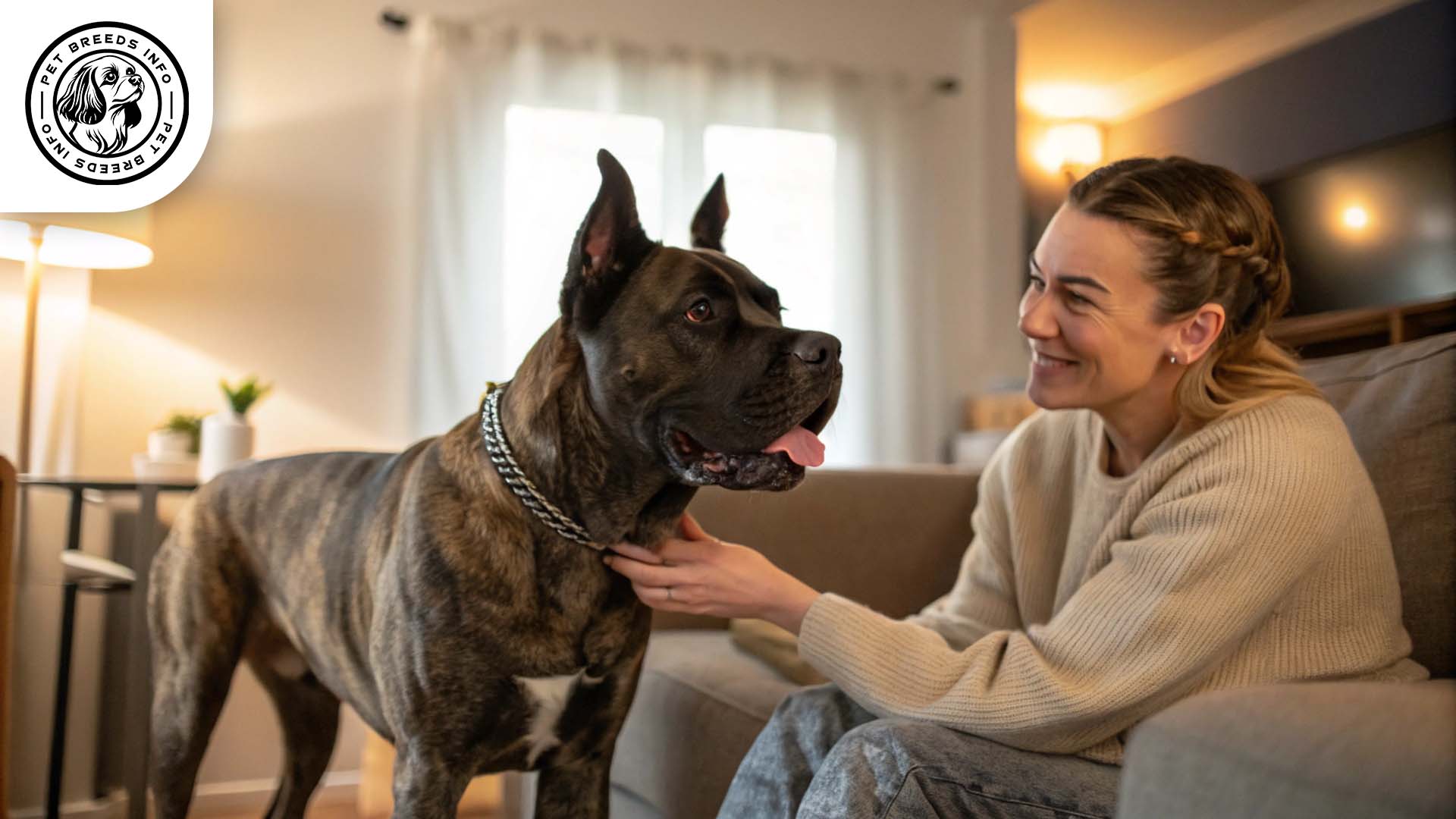
Price and Availability
The cost of a Cane Corso puppy from a reputable breeder ranges from $1,500 to $4,000, depending on lineage and breeder reputation.
Potential buyers should choose responsible breeders who perform health screenings. Adoption from shelters and rescue organizations is also an option and often costs less.
Read More: Bull Terrier Dog
Conclusion and Final Thoughts
The Cane Corso is a loyal, intelligent, and protective breed that thrives in a structured environment. Its strong guarding instincts make it excellent for an experienced owner willing to invest in training and socialization.
It is best suited for homes with ample space and active families or individuals who can meet its exercise and mental stimulation needs.
Future owners should be prepared for its training demands, health considerations, and grooming requirements before committing to this remarkable breed.
FAQ
Is the Cane Corso a good family dog?
Yes, with proper training and socialization, it can be affectionate and protective of its family.
How much exercise does a Cane Corso need?
At least 1-2 hours daily, including walks, playtime, and mental stimulation.
Does the Cane Corso get along with other pets?
It can, but early socialization is crucial due to its dominant nature and guardian instincts.
Are Cane Corsos easy to train?
They are intelligent but require firm, consistent training with positive reinforcement.
What are common health issues in Cane Corsos?
They are prone to hip dysplasia, bloat, heart disease, and joint problems. Regular vet check-ups are essential.
